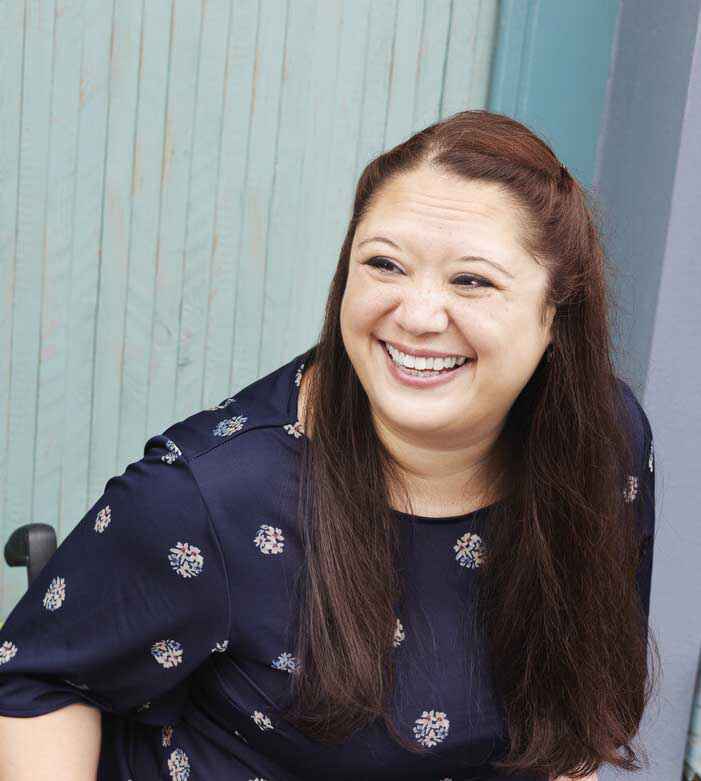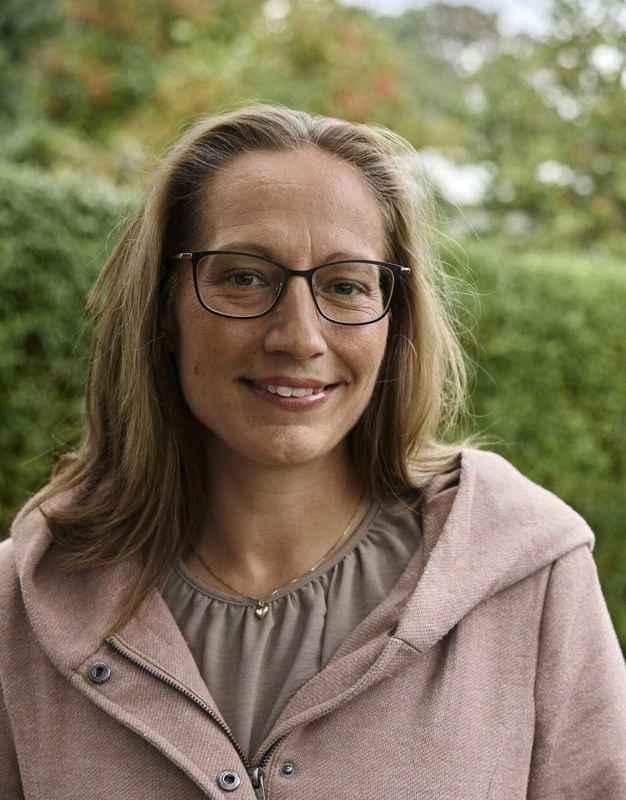Social sustainability
As a purpose-driven company, we strive to make life easier for people living with intimate healthcare needs. While we grow to help even more people, we’re focused on doing this in a way that’s sustainable.

Helping millions of people
We provide accessible, personalised care for people living with intimate healthcare needs. We do this by creating new, innovative products and by making it easier for people to get the care they need.
This supports the UN Sustainable Development Goal 3, which focuses on ensuring healthy lives and promoting people’s wellbeing at every age.
While continuing to make life easier for millions of people around the world, we aim high to balance the wellbeing of users with the planet.

Innovating to improve care
We offer people personalised care by creating new and innovative products, extended solutions and services, that are focused on their needs. Our Clinical Performance Programme aims to bring pioneering, scientifically backed products to market.

Helping people access better care
There’s no point creating the right products if people can’t get hold of them. Our long-term ambition is to create access to better care for the next one million new users, across every area of our business and everywhere we operate.
Our Access to Healthcare programme brings together practitioners, users, NGOs and other public and private stakeholders to empower users, train practitioners and advocate for better care. Since 2007, we’ve supported 80+ projects in 20 countries.
Diversity, equity and inclusion
We interact with stakeholders, employees, partners, customers, and users with diverse backgrounds across the globe. We want everyone to feel they belong and can fulfil their potential – not despite their differences, but because of them.
We know diversity drives better results, so we always aim to make sure there’s a healthy balance of genders, ages, and nationalities within each team.

Workplace safety
We never compromise on safety for our users and in the same way, providing a safe and healthy working environment for our colleagues is a top priority for us.
We strive to nurture a strong safety mindset and reduce work-related injuries for all our employees – whether they work with heavy machinery in manufacturing, operate trucks at our distribution centres, move between sales offices or travel to visit customers.







